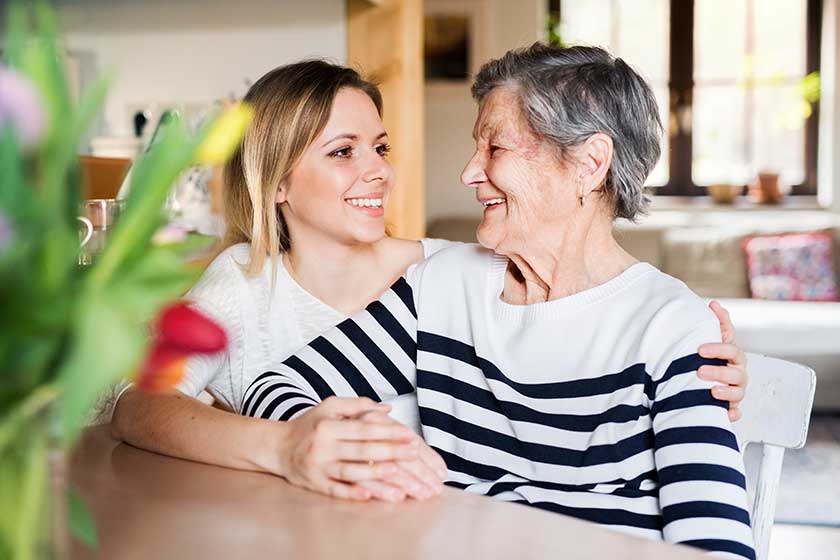It can be a very rewarding experience to care for someone with Alzheimer’s. Particularly if that someone is a loved one. Unfortunately, it can also be an extremely stressful time. When it comes to home safety, Alzheimer’s disease presents a collection of exclusive problems.
To assist you in creating a safer environment for your loved one with Alzheimer’s, dementia, or some other memory-related illness, we’ve put together a list of tips for particular parts of the home. Let’s take a look at specific safety tips for each area individually.
A Look at Home Evaluation
Think about the person with dementia or Alzheimer’s. How’s their health in general? What are their abilities and behavior? Have they fallen in the past? Do they get up at night or wander? Can they use the stairs?
For potential hazards, you’re going to check every room and, for any changes you’d like to make, make notes. Rather than trying to change the behavior of the person in question, you stand a far better chance of adapting to their environment. As the disease advances, periodically reevaluate changes in abilities.
Outdoors
- Any and all fuel sources should be stored safely
- Avoid clutter (keep foliage, hoses, and general debris off walkways)
- Restrict pool access
- Make sure that all steps and stairways are safe
- All exits should be checked for accessibility (consider a ramp if a walker or wheelchair is used)
- If fencing exists, make sure that gateways are locked
Basement, Shed, and Garage
- All vehicles should be secured
- Potentially dangerous items should be locked up (cleaning supplies, gas, fertilizer, paint, sports equipment, machines, fishing tackle, tools, etc.)
Laundry Room
- Prevent access to the dryer and washer
- Potentially hazardous products should be locked up
- In fact, locking up the entire room should not be out of the question, if possible
Living Room
- When using fireplaces, take caution
- Mark glass tabletops, windows, and doors (so the glass is easier to see)
- Avoid clutter whenever possible
Bedroom
- When using heating devices, like space heaters or electric blankets, practice caution
- Install a device for monitoring the person in question
Kitchen
- Lock up potentially dangerous or breakable supplies
- Remove fruit-shaped magnets, and artificial vegetables or fruits
- Prevent potentially dangerous appliance access
Bathroom
- Remove locks from doors
- Turn down the water temperature
- Lock up dangerous electrical appliances and/or products
- Use a bathtub faucet cover (thick rubber or foam to prevent injuries)
- Be aware of slippery surfaces
- Install grab bars and a shower chair
Safety Precautions in General
- Both indoor and outdoor stairways should always be as safe as possible. Both at the bottom and at the top of stairways, light switches should be located. Handrails should be present and secure.
- To prevent confusion and distractions, turn the volume down on the phone ringer. Adjust voicemail to pick up in the fewest number of rings and adjust other settings accordingly.
- Throw rugs should be removed and uneven or slippery surfaces should be treated.
- In the bathroom and bedroom, use nightlights.
- Near all telephones, emergency numbers should be displayed.
For A Safe Environment for Your Loved One With Alzheimer’s, Rely on Rittenhouse Village At Lehigh Valley
To provide the utmost respect and care for all residents, we have an experienced team of professional caregivers at Rittenhouse Village At Lehigh Valley. We offer a program of care that is uniquely exclusive. The United States Alzheimer’s Association has awarded a Certificate of Recognition to our SHINE Memory Care program curriculum.
Contact us at 484.212.6577 to find out how your loved one can benefit from our memory care program. Better yet, use our convenient online form to schedule a tour or ask questions.







